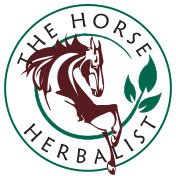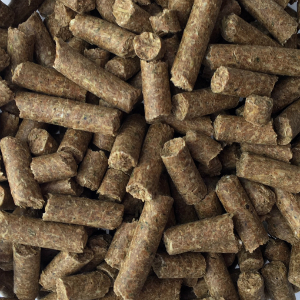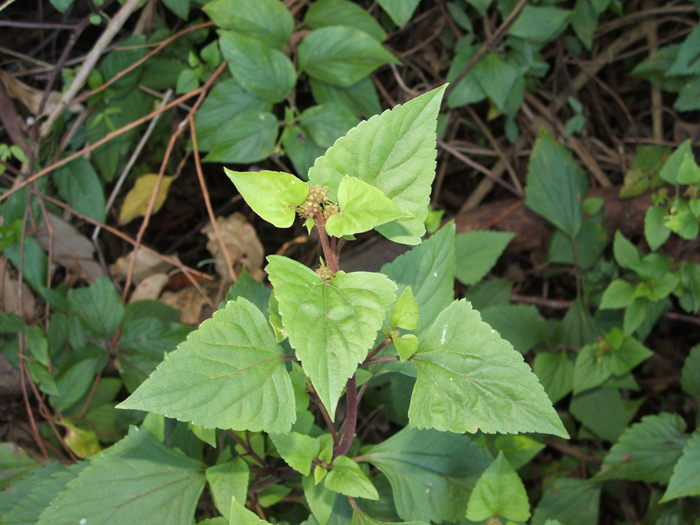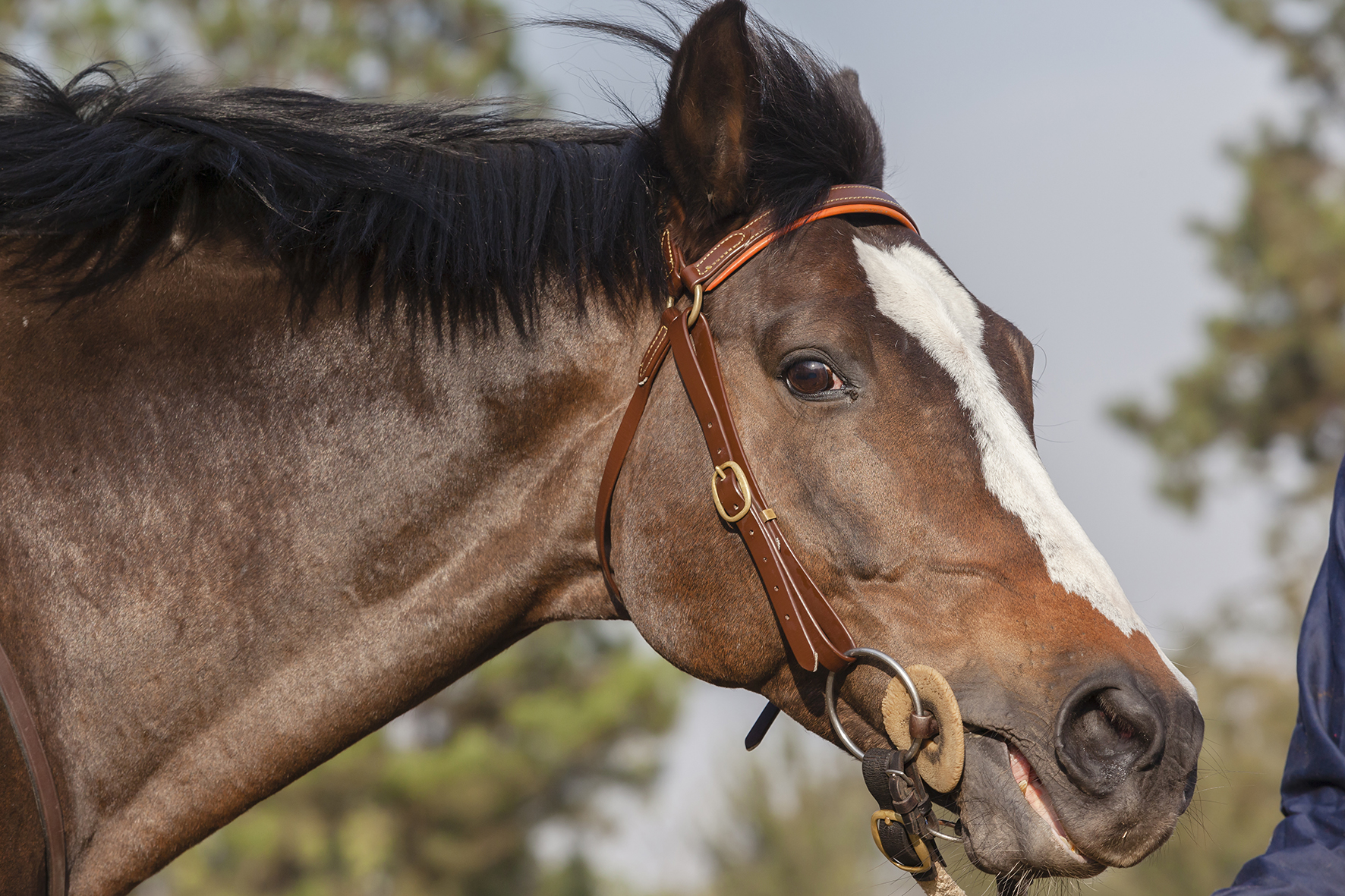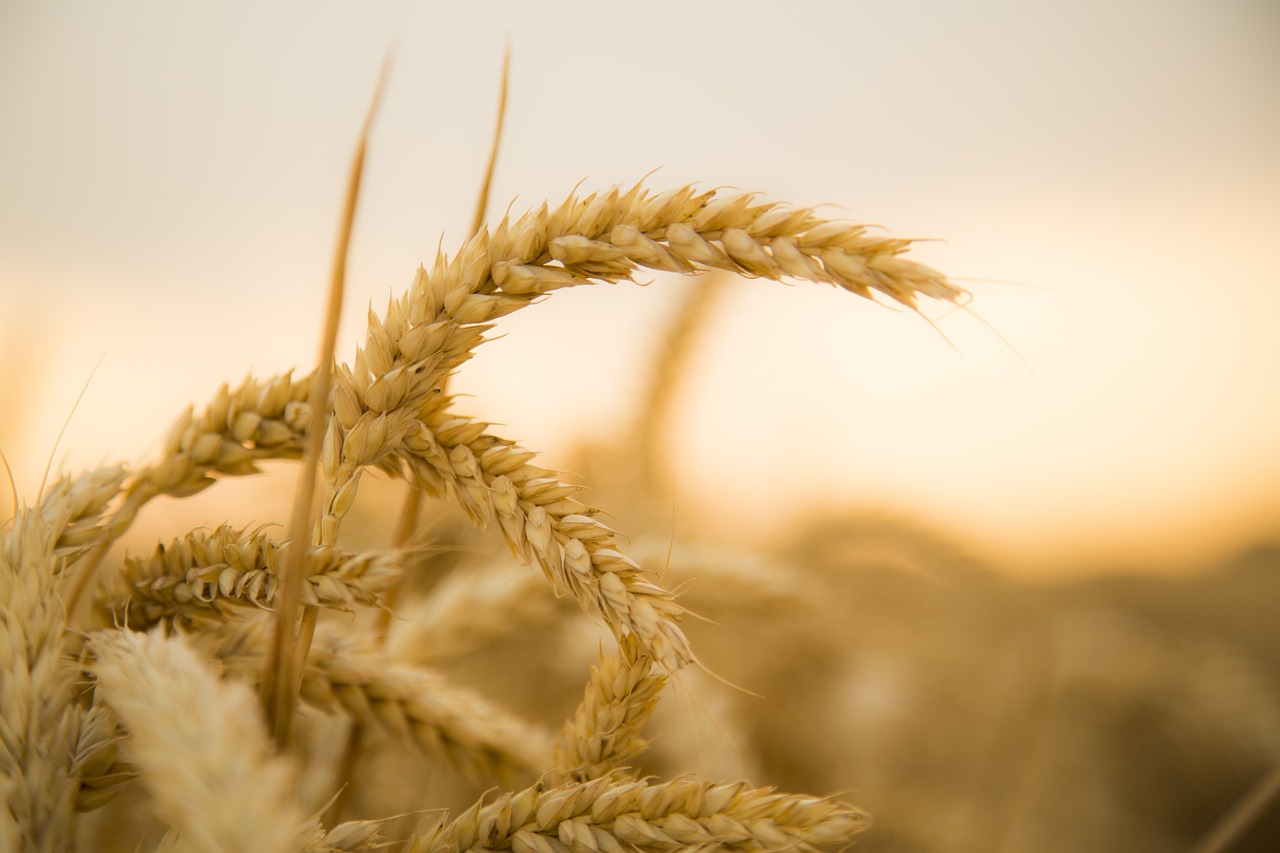Your cart is currently empty!
Horses are Herbivores (what’s in your feed?)
Horses are herbivores, aren’t they? So why are we feeding products and supplements which go against the Law of Nature? Horses are pure herbivores – their bodies are designed to eat plant material only. The herbivore species have flat grinding teeth and a very long digestive system specifically designed to break down tough cellulose fibre in plants. Horses have jaws which move sideways enabling grinding of plant material in the oral cavity – digestion begins here. Once the food is reduced in size and thoroughly mixed with saliva it’s swallowed, travels down the oesophagus into the stomach. Horses are ill equipped to cope with the
